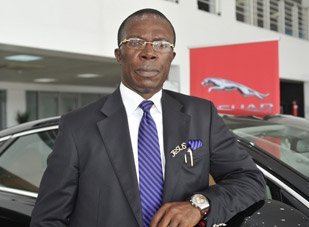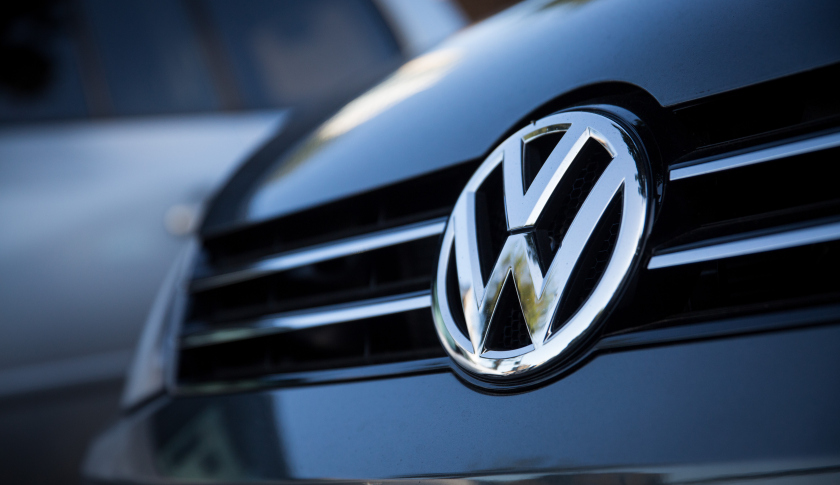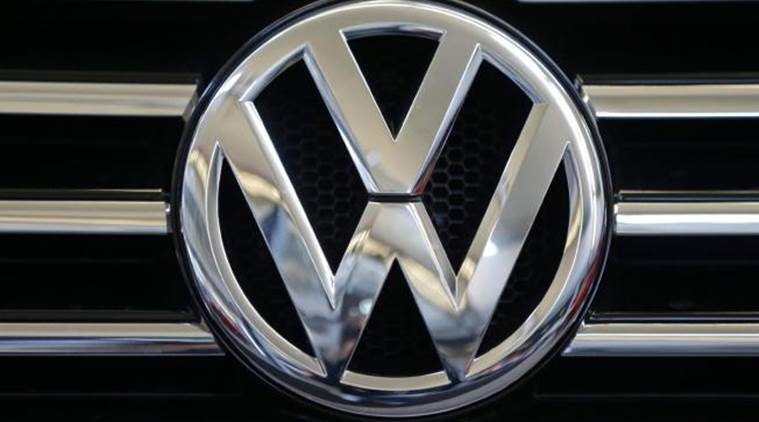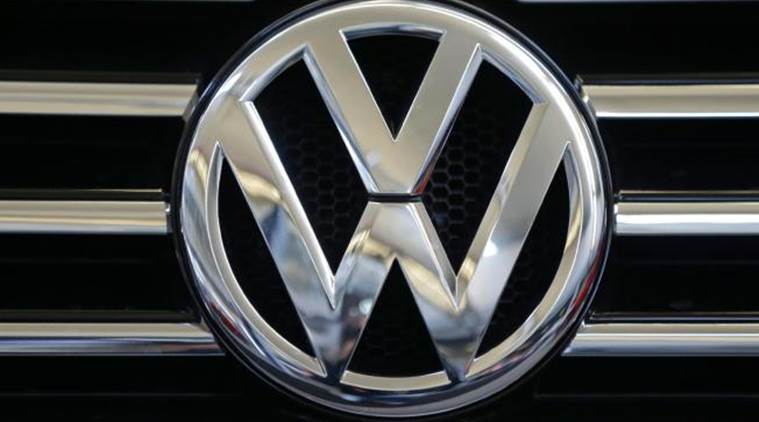With the opening of a new assembly plant in Kenya and Rwanda, German car manufacturer, Volkswagen has shown that it has no interest in Nigeria, despite being Africa’s largest market.
Recall that an agreement to establish a vehicle assembly plant in Nigeria was purportedly signed between Volkswagen Group and regional conglomerate, Stallion Group in 2014.
The agreement marked a historic return of the German car maker after more than 20 years of their departure following the collapse of their joint venture with the Federal Government leading to the closure of their manufacturing facility in Lagos and the subsequent sale of government shares to the Stallion Group.
It was also said that the collaboration would result in the local assembly of prime Volkswagen products such as Jetta, Passat CC, Amarok pickups during the initial phase, followed by the Tiguan and other models in subsequent phases.
However, since the agreement, no vehicle has been manufactured in the assembly plant which has since been turned into a storage facility.
The German car manufacturer’s move into East Africa comes just weeks after it signed a deal to build an assembly plant in Algeria.
The plant in the industrial town of Thika is expected to produce cars for Kenya as well as the wider East African market, starting with the Polo Vivo, described as the company’s most successful passenger car model in Sub-Saharan Africa.
According to a January report by Deloitte Africa Automotive Insights, a rise in incomes in Kenya is driving the sales of motor vehicles — accounting for 1.5 percent of consumer expenditure in 2015.
Passenger vehicles were Kenya’s fourth-largest import in 2014, and the volume of imported cars grew 300 percent between 2003 and 2012. Many of the imports are second-hand cars from Japan or the United Arab Emirates.
Meanwhile another top Volkswagen executive was in Rwanda to launch a project involving “app-based mobility solutions”.
“We will make passenger vehicles not only available for the market to buy but also for the shared service that now is increasingly becoming the trend in many cities of the world,” said Francis Gatare, CEO of the Rwanda Development Board.
“It is fair to say that the whole continent has seen a long period of economic stagnation, but just like China in the early 80s Africa offers great business opportunities. That holds especially true for Kenya.”

 Entertainment6 days ago
Entertainment6 days ago
 Health1 week ago
Health1 week ago
 Health4 days ago
Health4 days ago
 Football1 week ago
Football1 week ago
 Football1 week ago
Football1 week ago
 Crime4 days ago
Crime4 days ago
 Education6 days ago
Education6 days ago
 Crime1 week ago
Crime1 week ago







